
Coffee comes from the roasted berries of the Coffea plant. People have been drinking coffee for over 500 years. It dates back to the 15th century when it was first drank by people in Yemen. Now it is cultivated in warm tropical climates in over 70 countries around the equator. It is estimated that over 50% of Americans drink coffee every day. So you may be wondering is coffee bad for you. Here is what you need to know.
High in Antioxidants
One of the top health benefits of coffee is that it contains powerful antioxidants, which may be even stronger than cocoa or some forms of tea leaves. It is thought that coffee might even contain more polyphenol antioxidants than cocoa, green tea, black tea and herbal tea. This makes it good at fighting free radical damage in the body.
Protects Liver Health
Because coffee stimulates circulation, it can stimulate the liver. There is more and more research about how coffee can support the liver and even help reduce the risk of liver disease. Doctors aren't yet sure what component of coffee supports the liver. But research shows that people having at least one cup off coffee per day have reduced risk of liver disease. You can read more about that here.
Caffeine
It is estimated that more than 70% of the world's population consumes at least one caffeinated product every day. Caffeine can help improve your ability to focus, improve your reaction time, and make you feel more alert after a bad night's sleep. There are even studies that show it can help improve your physical performance. Too much caffeine though, can increase your stress hormones and disrupt your sleep. And if you have it every day, it can be unpleasant if you miss a day. The type of coffee and how it is roasted affects the amount of caffeine in a cup. According to the USDA, an average eight-ounce cup of brewed coffee from ground beans contains about 95 milligrams of caffeine. If you want to limit the amount you consume when you get coffee on the go, you can ask before buying. Check how much caffeine you should consume and compare the caffeine content in different brands of coffee here.
Quality Matters
The best coffee is grown by sustainable coffee cooperatives and are tested to ensure they’re free of toxins like mold and pesticides. How the beans are processed is also important. Some producers only roast to a medium level to both preserve naturally occurring antioxidants and reduce the formation of acrylamides. This allows for maximum health benefits and taste, while reducing any potentially harmful chemicals. Fair-trade certified coffee makes sure that coffee growers around the globe are given a fair deal, which benefits their communities. If you are drinking decaf coffee, one of best ways to remove the caffeine is by soaking green coffee beans in pure mountain water to remove the caffeine molecules. Inexpensive decaf coffee uses chemical solvents to remove the caffeine.
Taking a Break
Many natural health practitioners recommend taking a 5 to 7 day break from caffeine to allow the receptors in the brain to reset. If you don't do this, you may find you are drinking more coffee overtime with less of the pleasant feelings you enjoy. You may even find that you feel tired even though you are drinking lots of coffee. One way to take a break is to reduce the amount of caffeine you are drinking in half each day until you are at zero. There are many great caffeine free coffee substitutes or you can drink decaf in place of caffeinated coffee.
Did this help you? If so, I'd greatly appreciate it if you commented and/or share it on social media.

Email: sharonledwards@hotmail.com


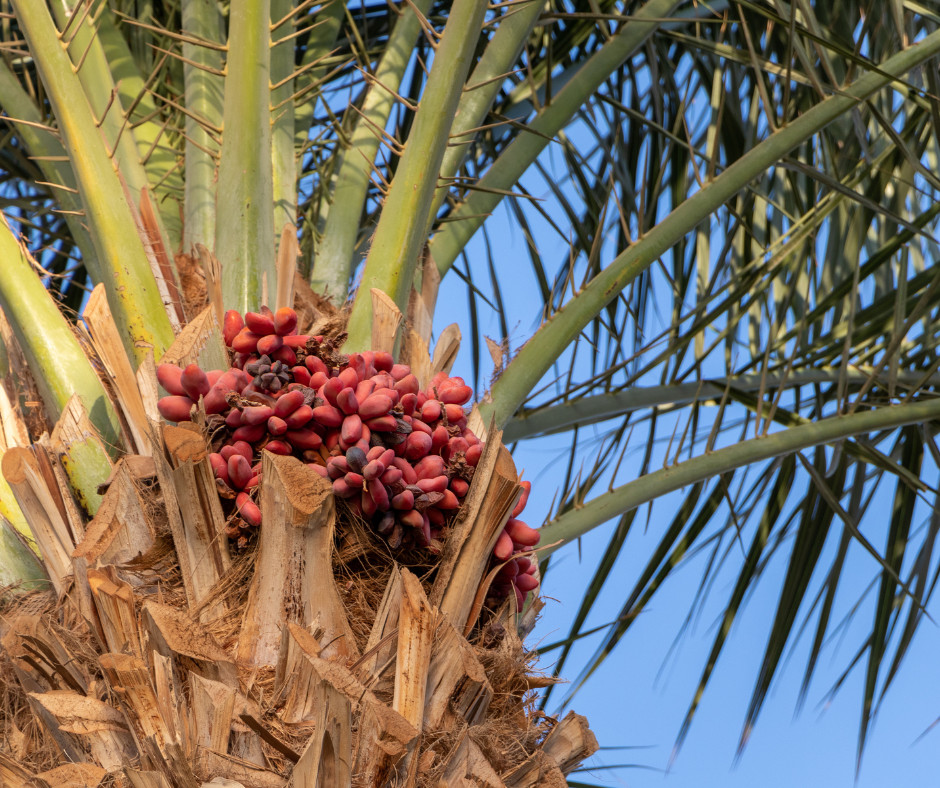
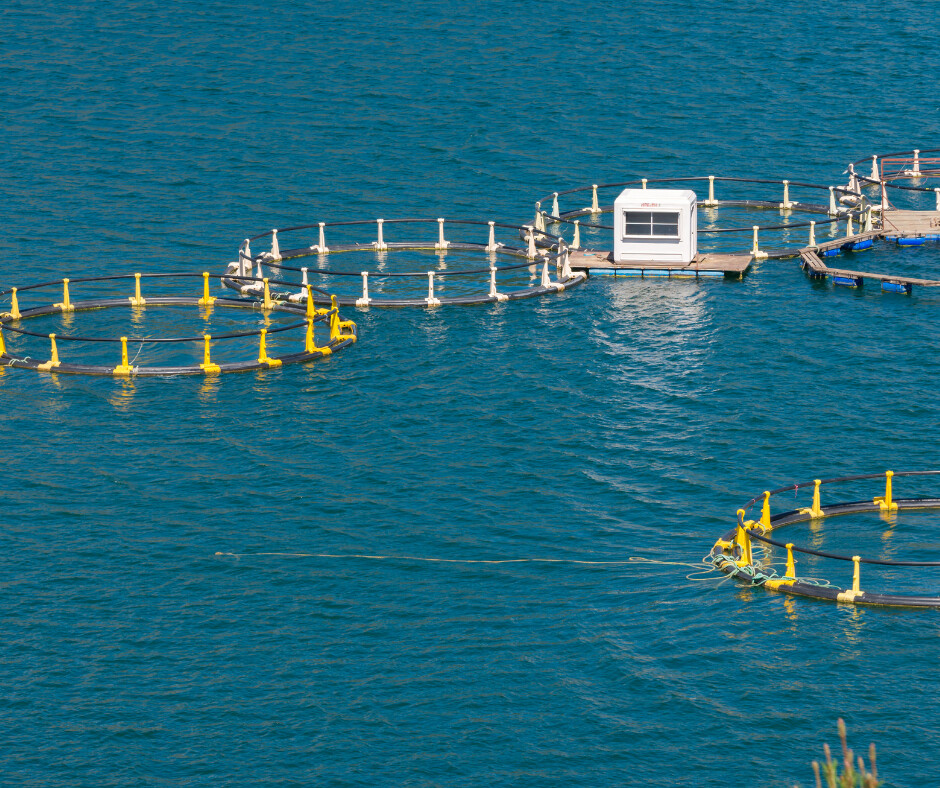


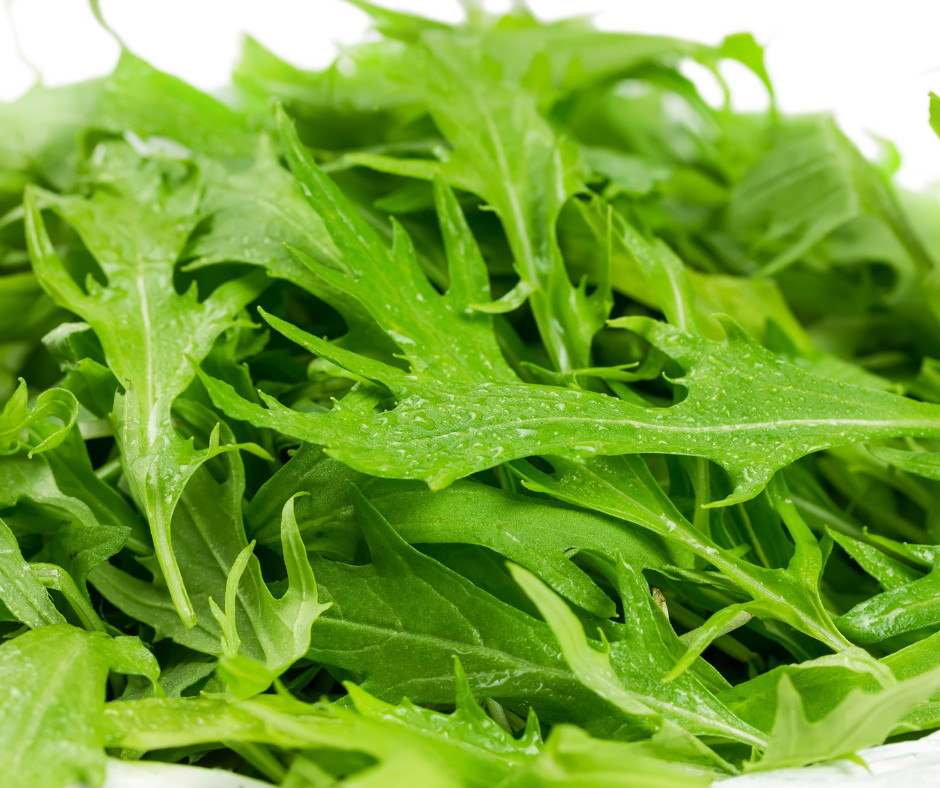
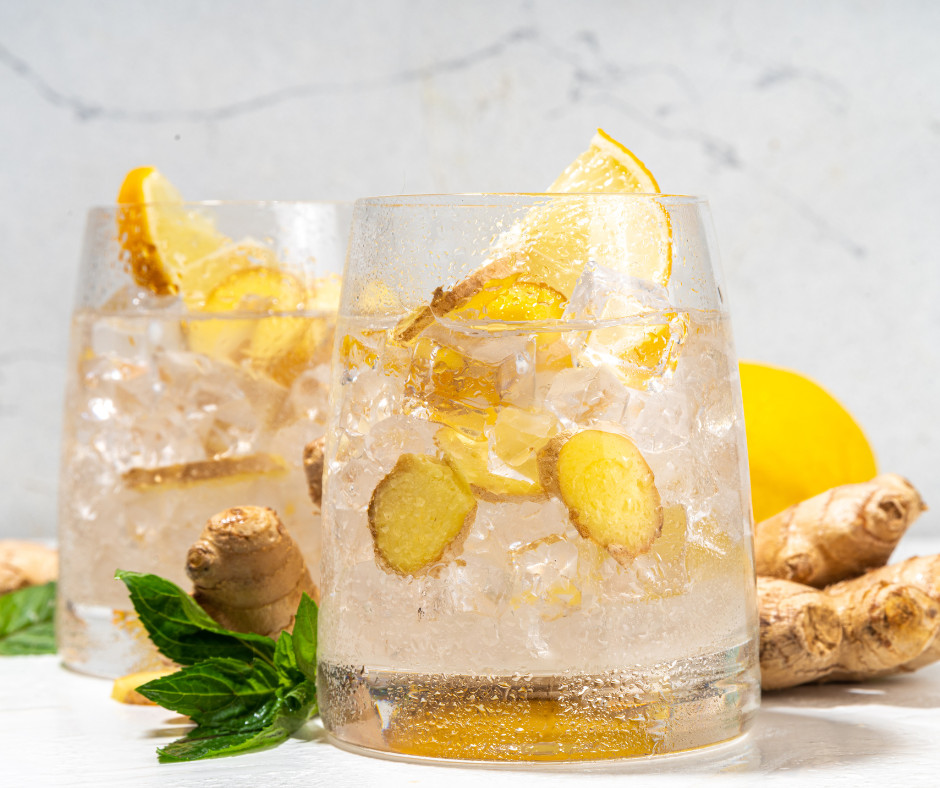
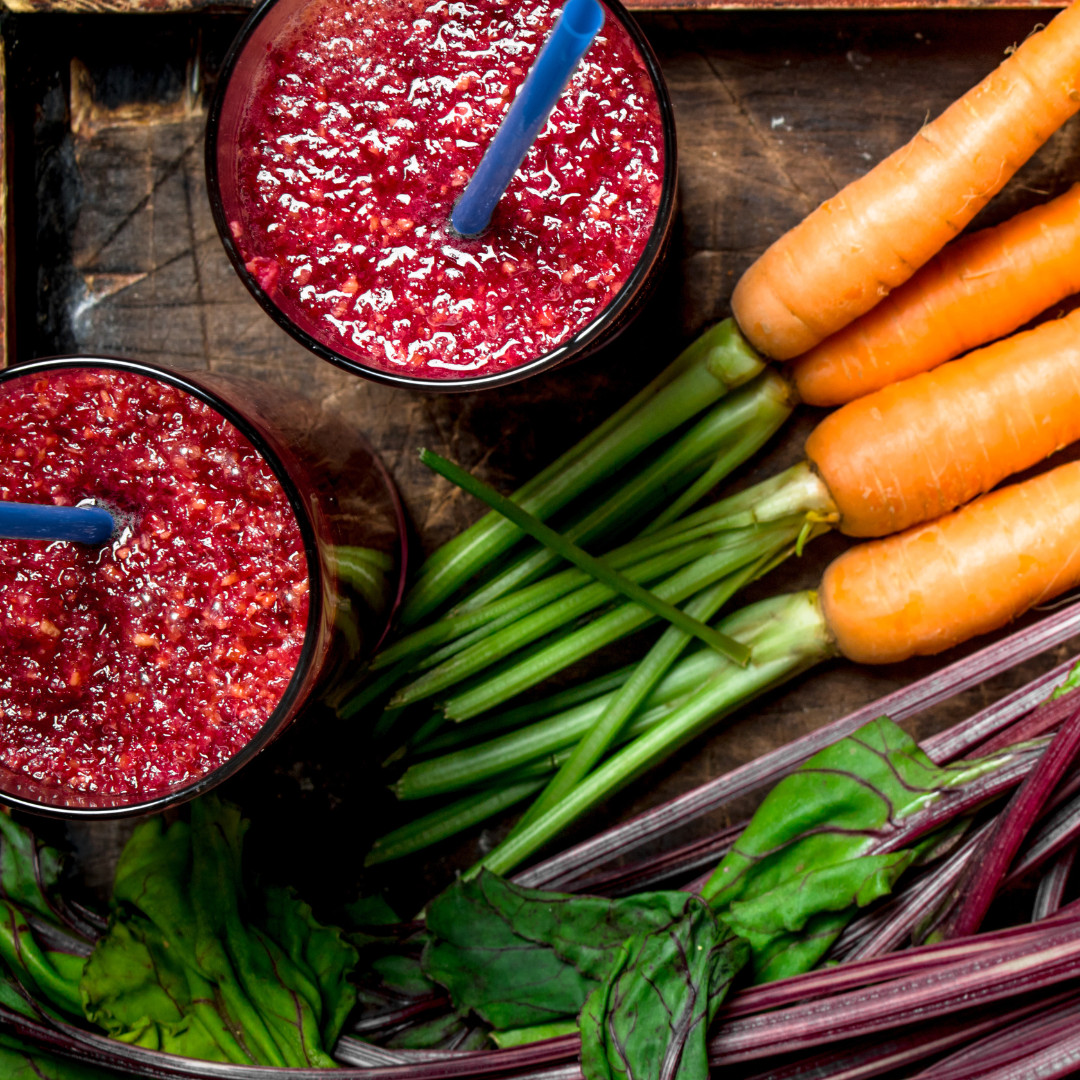
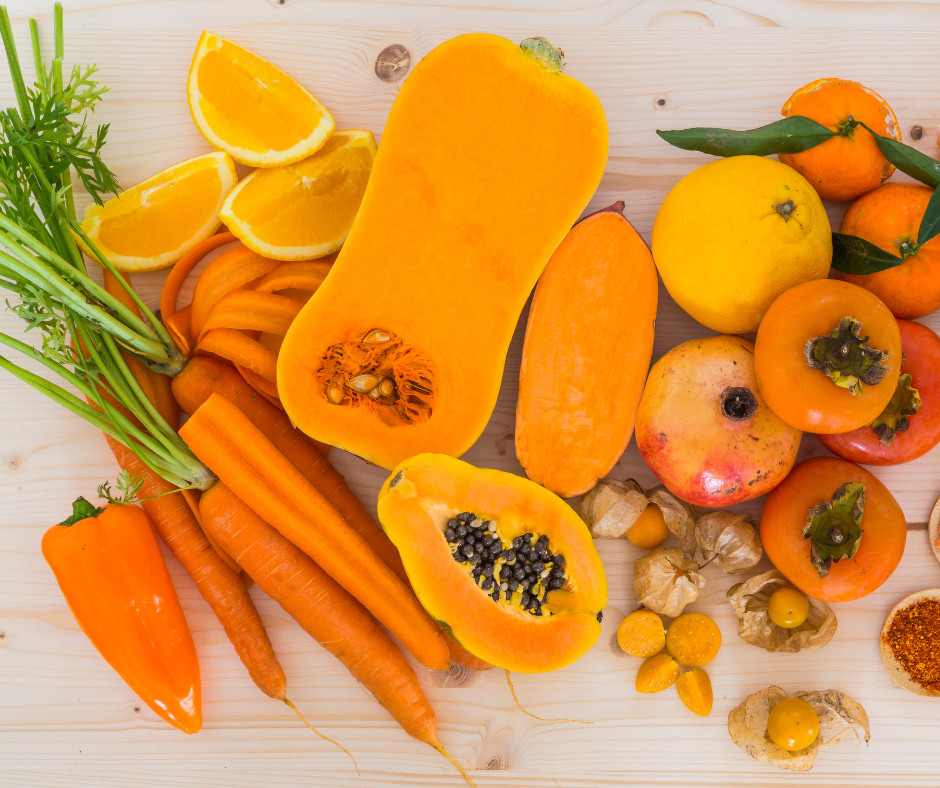
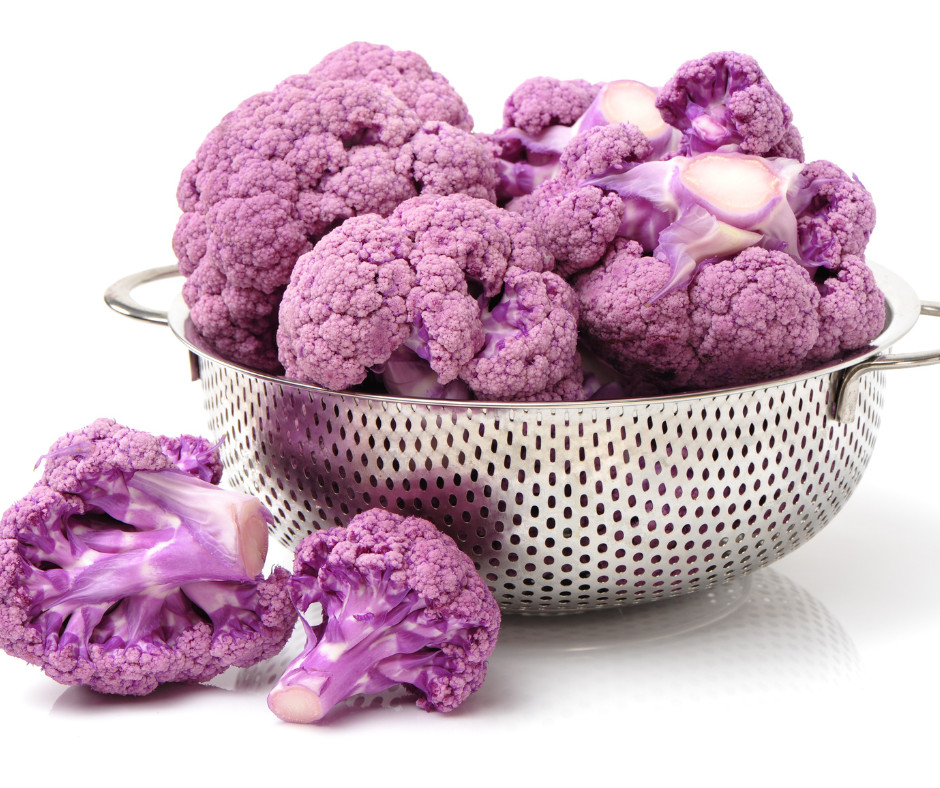
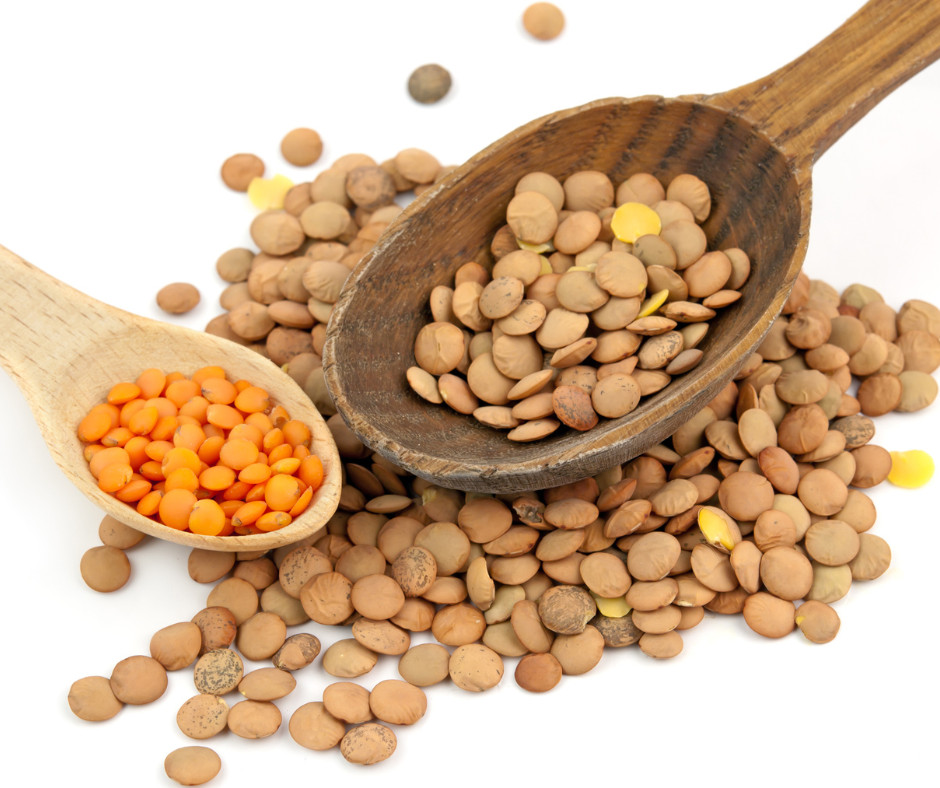
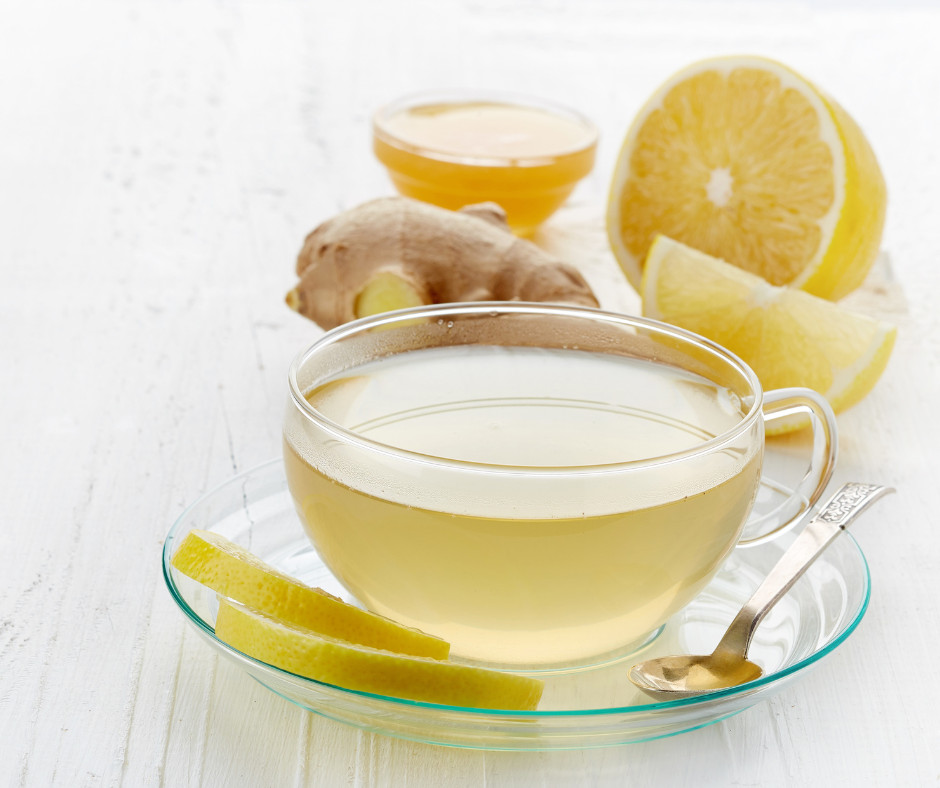





0 Comments